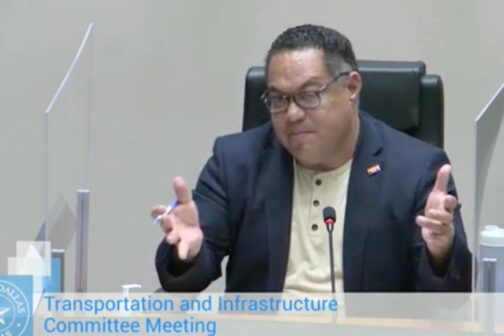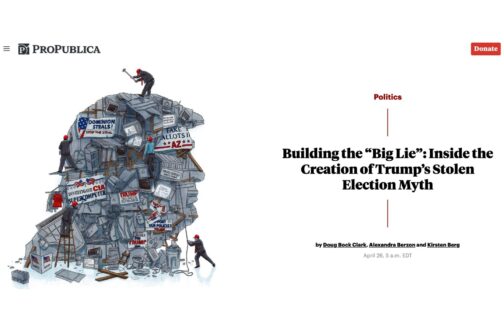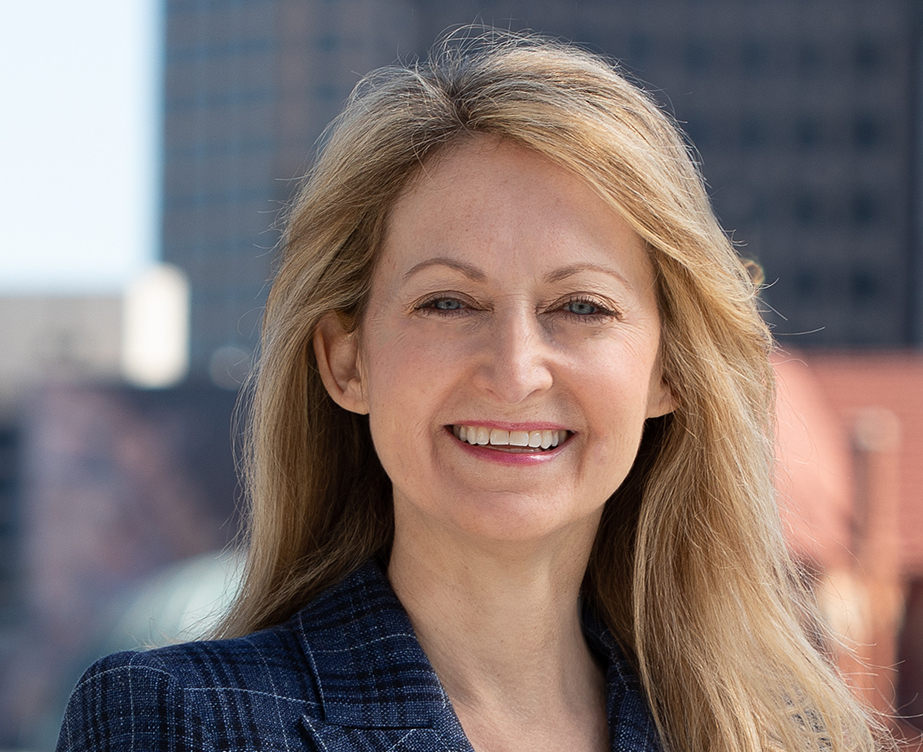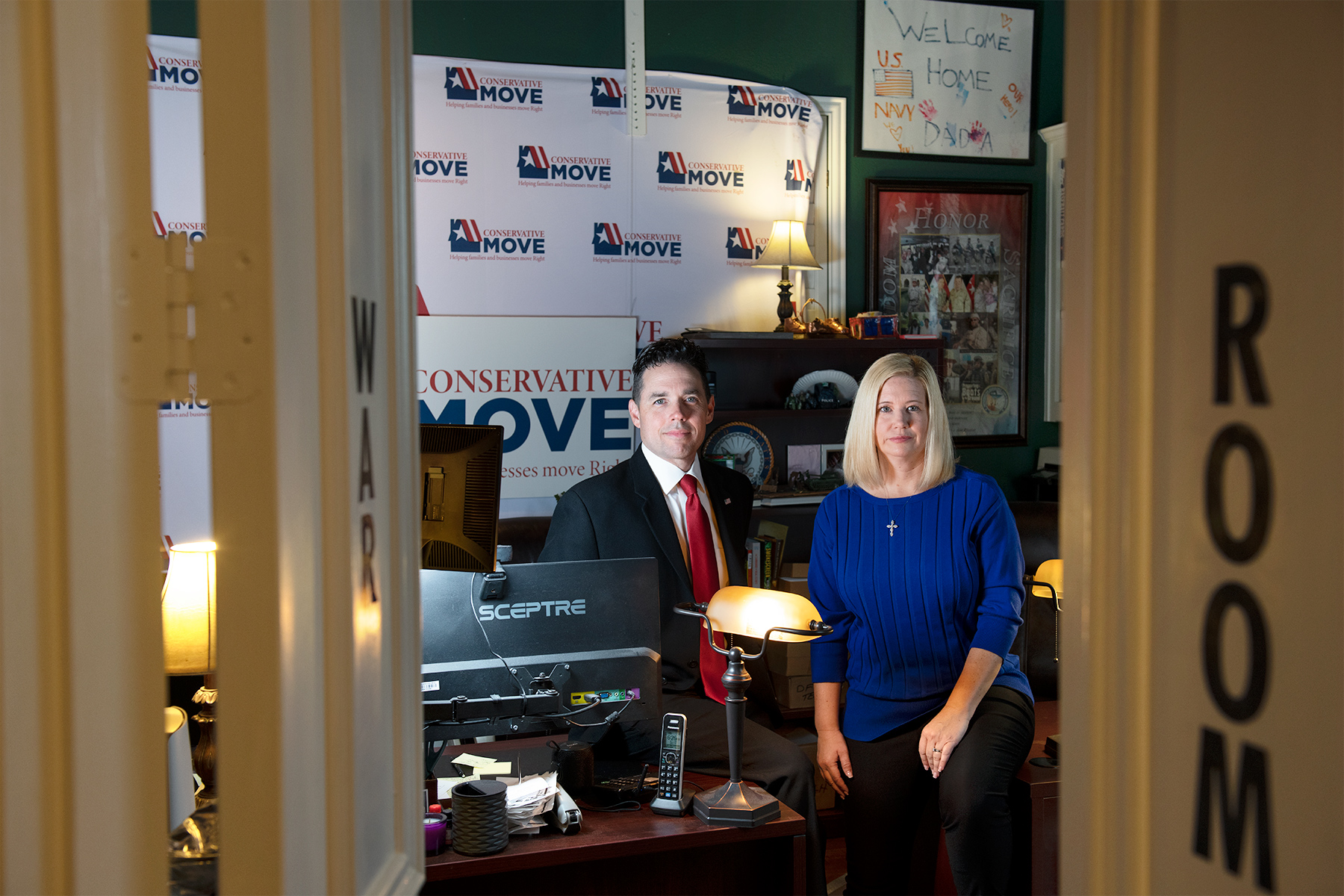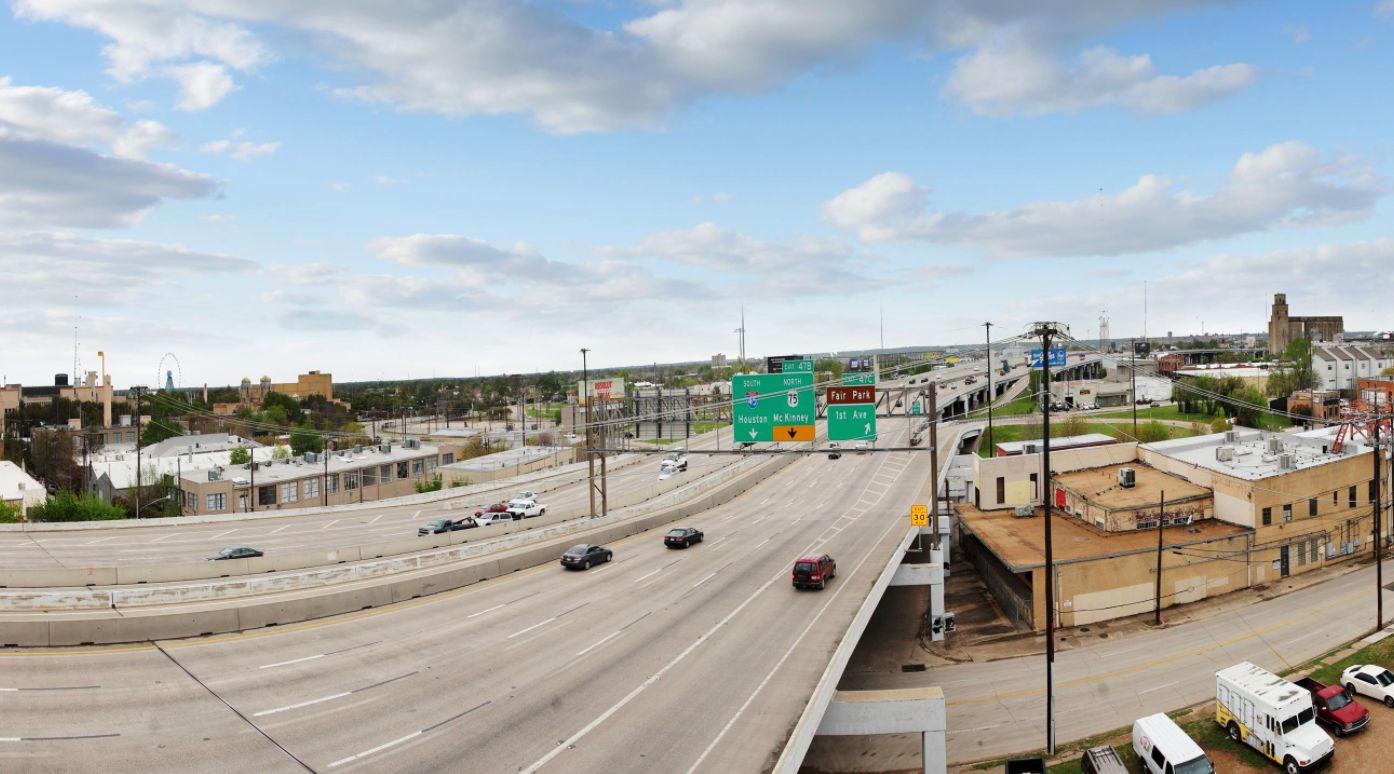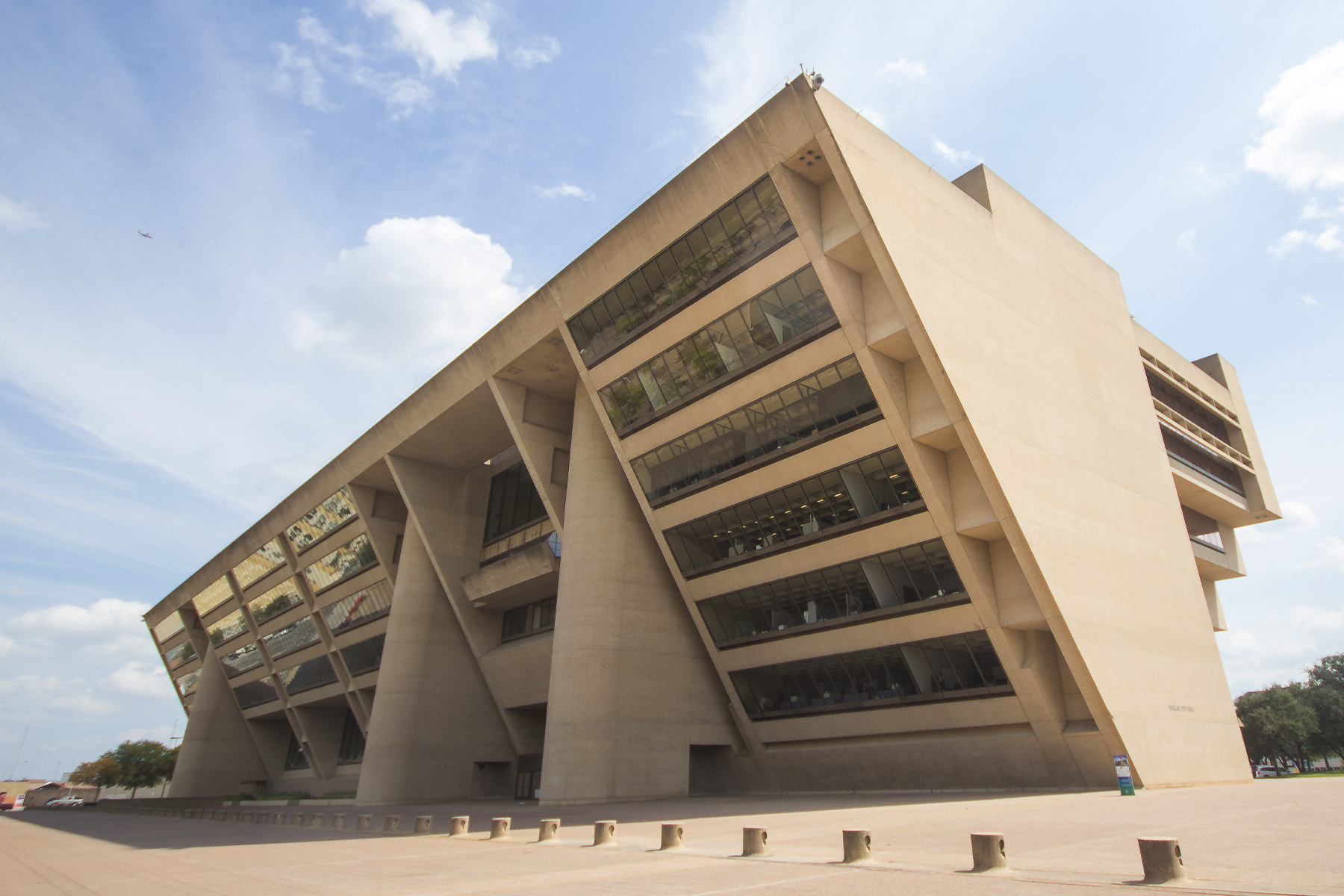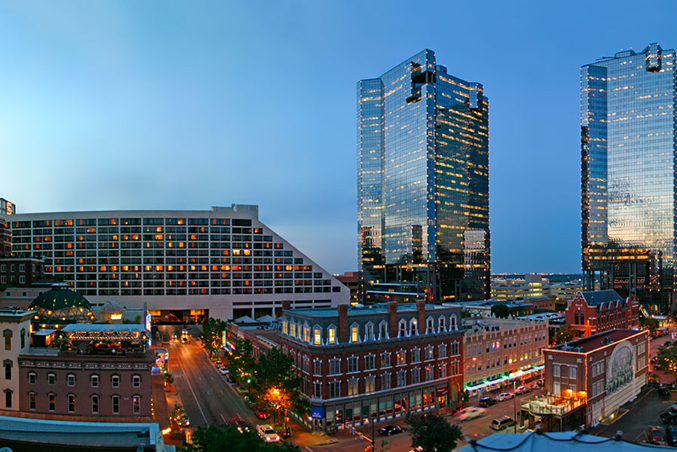Our Matt Goodman reported Monday on a recent meeting of the city’s Transportation Committee. As FrontBurnervians have come to expect from Matt, his post about the future of I-345 was measured and fair and well-reported. He quoted council members on the committee as they struggled with the complicated subject of what to do with the 1.7-mile elevated highway, and he got feedback from outside folks such as the director of The Congress for the New Urbanism.
But there was one issue with Matt’s report: when it came to talking about how much delay in traffic would be created by replacing the highway with a boulevard, after reporting that a TxDOT engineer said a boulevard would add 40 to 50 percent to travel times in the corridor, Matt cited urban designer Patrick Kennedy’s competing conclusion, writing: “It would actually be about a five-minute delay.”
At which point I took to Twitter and said, “The city of Dallas is about to piss its future away to save 5 minutes of drive time.” Then I tweeted a thread along the same lines, saying the city was “bending the knee to TxDOT,” even bringing up the ghost of Wick Allison in the process. Man, I was heated.



